LanceFormation wrote:
Predictable Matt wrote:
Ha! Fair point
And now I'm stuck wondering what fantasy novels have been inspired by the Bible... 🤔
How about Armageddon end of the world type stuff…and then there are exorcist stories…and then there is…😀
Some could be more horror/sci-fi than fantasy
Yes a rich vein of material! And one just occured to me - Narnia of course

Here's a fun (sorry, subjective term) little gathering of pieces under the heading "Auden on Tolkien" - it's not everything he wrote about him (absent is A Short Ode to a Philologist, for example) - but it does represent the lion's share of his criticism which spanned a 15 year period from the release of LOTR to the late 1960s:
The Hero Is a Hobbit (New York Times Book Review, 31 October 1954)
A World Imaginary, but Real (Encounter, November 1954)
At the End of the Quest, Victory (New York Times Book Review, 22 January 1956)
The Quest Hero (Texas Quarterly, Winter 1961)
Good and Evil in The Lord of the Rings (Critical Quarterly, Spring and Summer 1968)
The Hero Is a Hobbit (New York Times Book Review, 31 October 1954)
A World Imaginary, but Real (Encounter, November 1954)
At the End of the Quest, Victory (New York Times Book Review, 22 January 1956)
The Quest Hero (Texas Quarterly, Winter 1961)
Good and Evil in The Lord of the Rings (Critical Quarterly, Spring and Summer 1968)
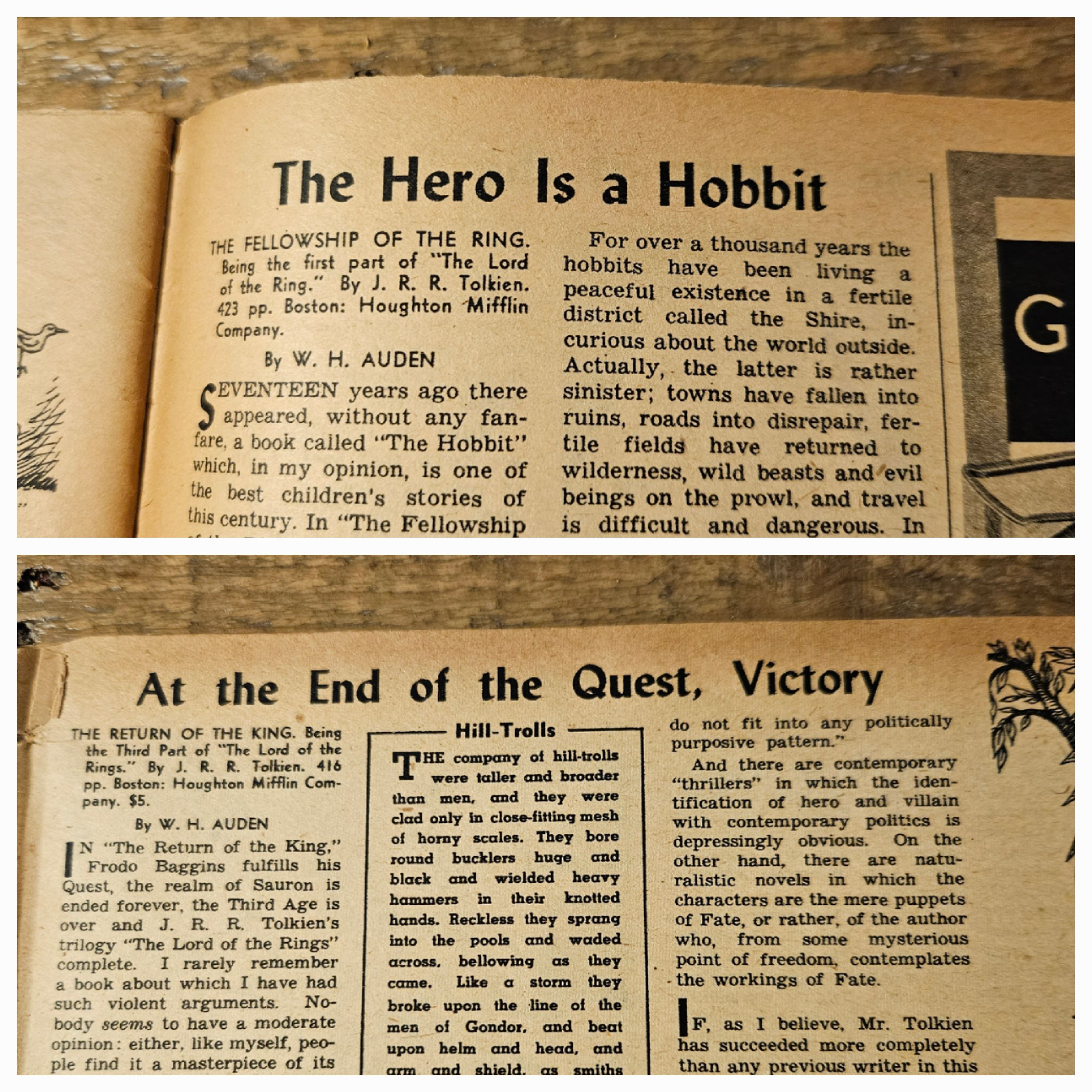
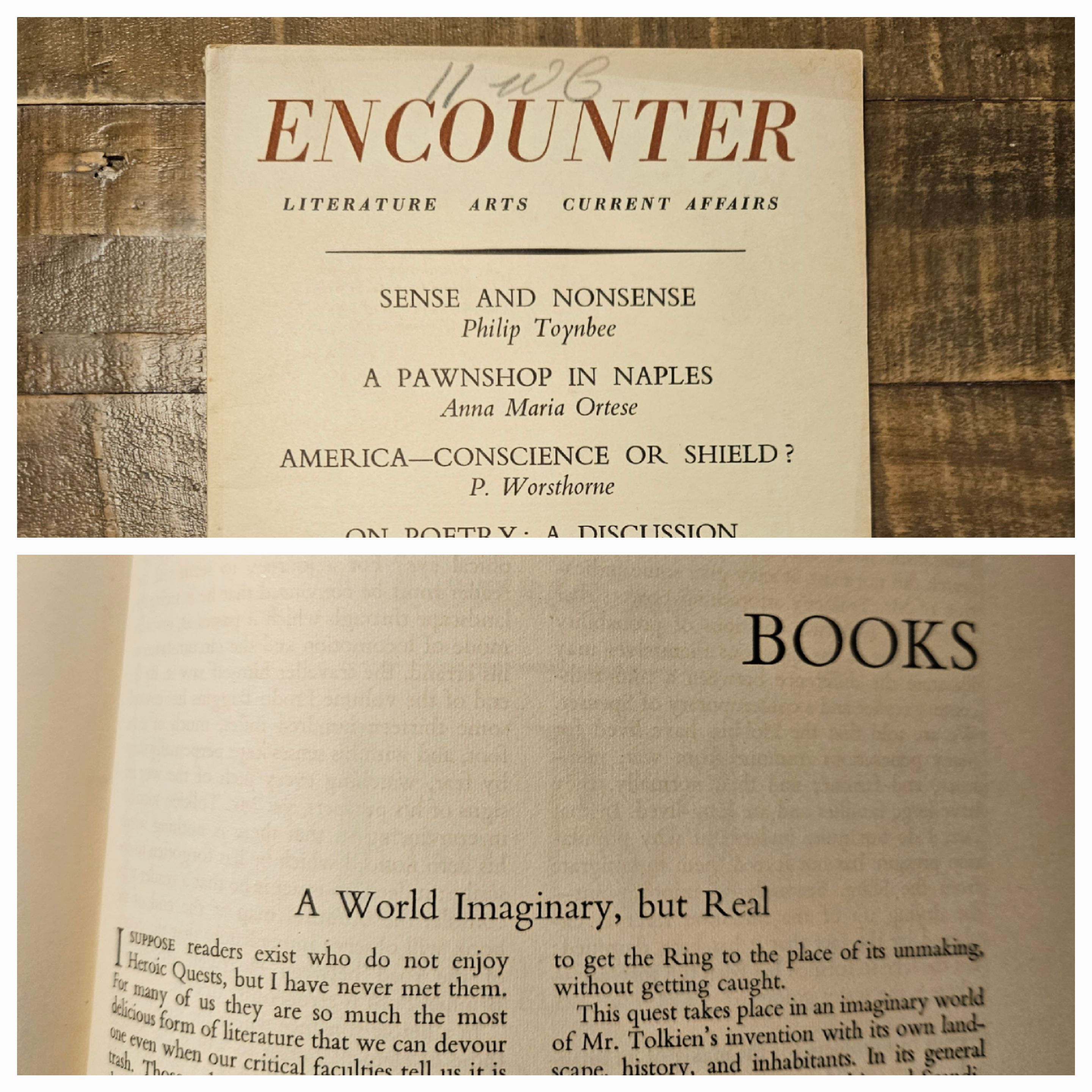
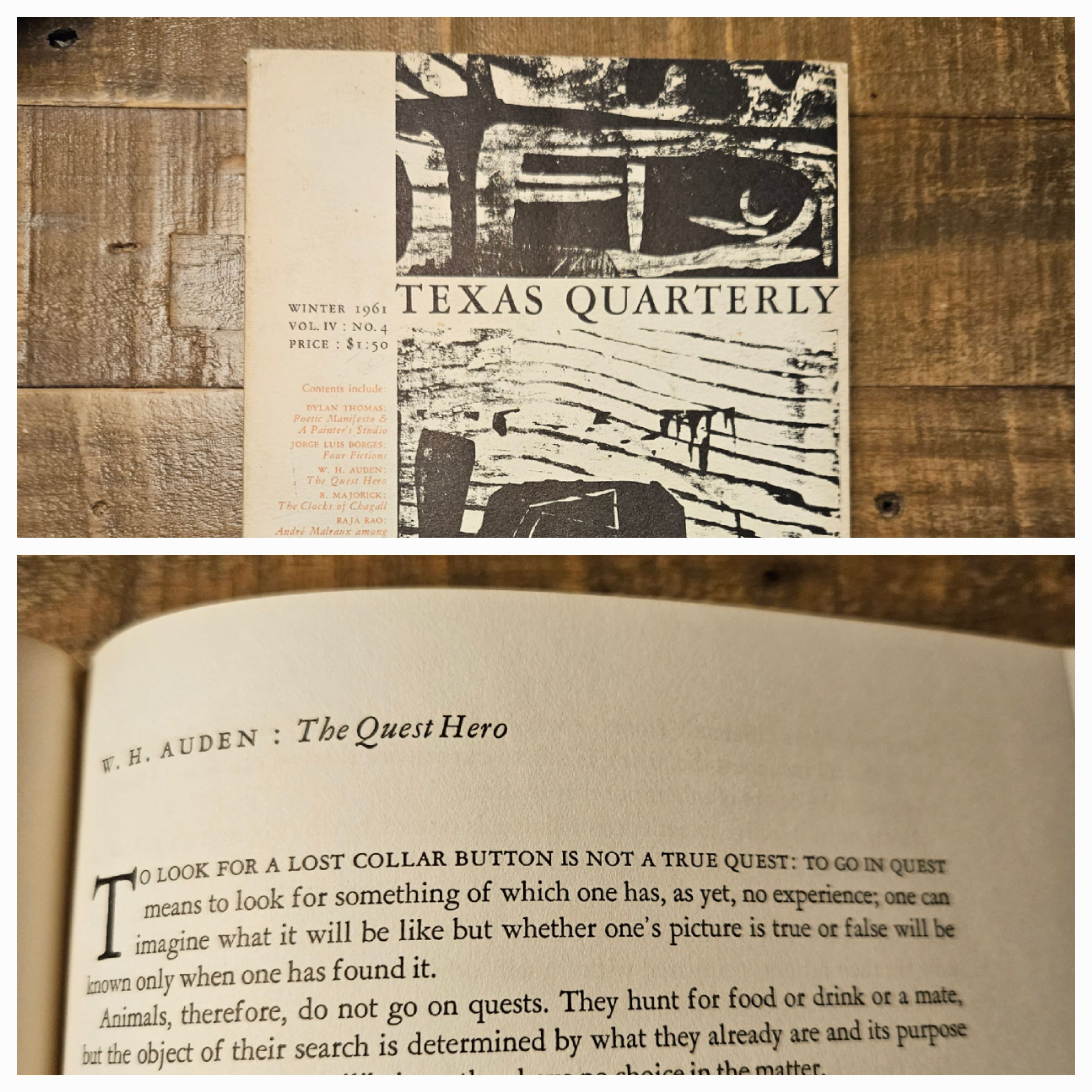
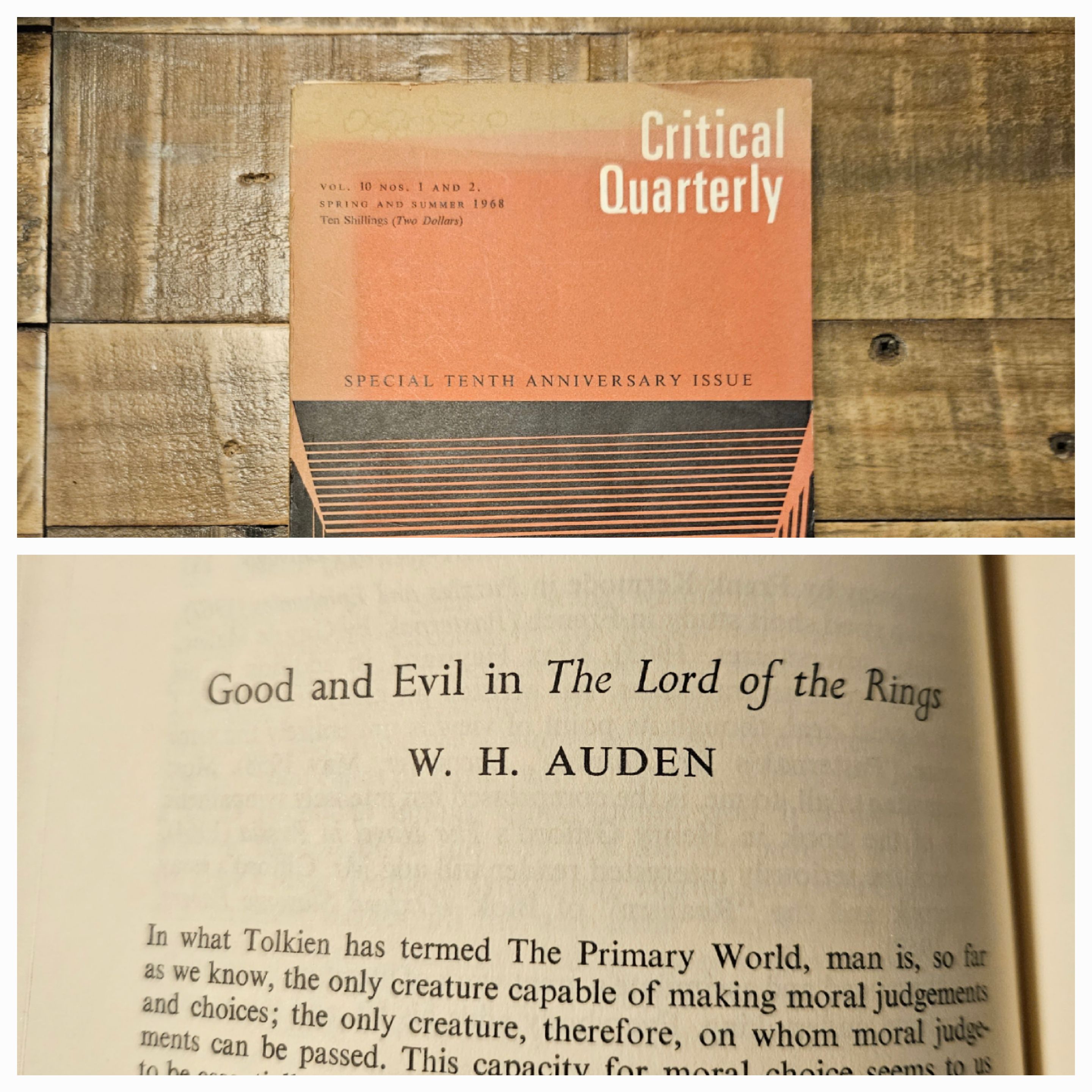
To Auden's comments on Tolkien you could add the liner notes for the "Poems and Songs of Middle-earth" LP from Caedmon.
I just picked up this rather charming little publication, from 1955, which contains a dialogue between the novelist Rachel Trickett and the biographer (and one-time Inkling) David Cecil - on the topic "Is there an Oxford 'School' of Writing?"
I rather like how this is an early critical piece (when ROTK had not even been published) to consider the grouping of Tolkien with C. S. Lewis and Charles Williams.
And the publication's subtitle makes me smile: "Formerly the Nineteenth Century & After"
I rather like how this is an early critical piece (when ROTK had not even been published) to consider the grouping of Tolkien with C. S. Lewis and Charles Williams.
And the publication's subtitle makes me smile: "Formerly the Nineteenth Century & After"
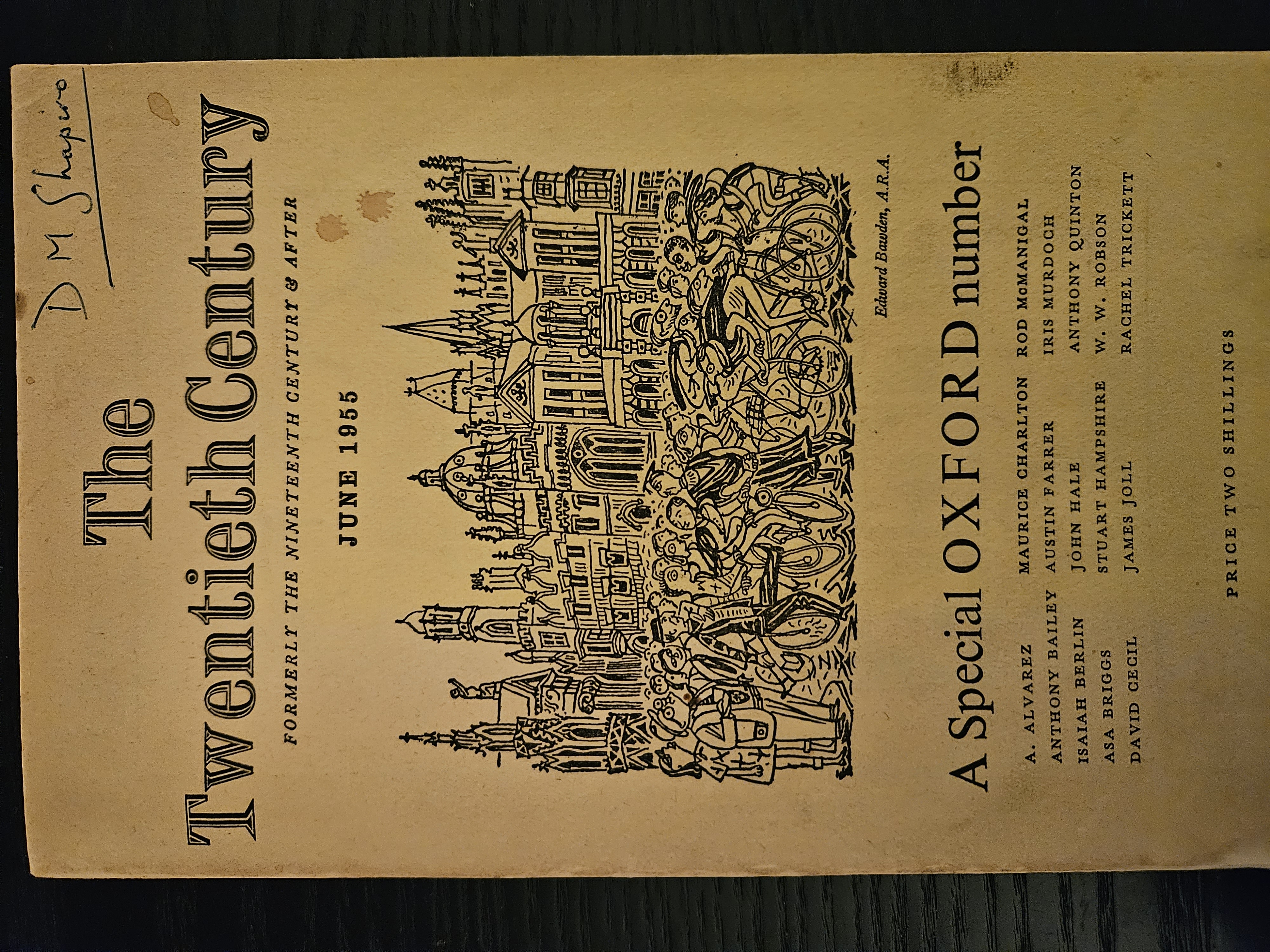
Predictable Matt wrote:
I just picked up this rather charming little publication, from 1955, which contains a dialogue between the novelist Rachel Trickett and the biographer (and one-time Inkling) David Cecil - on the topic "Is there an Oxford 'School' of Writing?"
I rather like how this is an early critical piece (when ROTK had not even been published) to consider the grouping of Tolkien with C. S. Lewis and Charles Williams.
And the publication's subtitle makes me smile: "Formerly the Nineteenth Century & After"
Thanks for sharing this. I was aware of the article but had never seen the publication before. Years later, Cecil would expand on his explanation of the "circle of Oxford writers" described to Trickett in his review of Carpenter's biography of the Inklings ("Oxford’s Magic Circle," published in Books and Bookman).
Tuor son of Huor wrote:
Thanks for sharing this. I was aware of the article but had never seen the publication before. Years later, Cecil would expand on his explanation of the "circle of Oxford writers" described to Trickett in his review of Carpenter's biography of the Inklings ("Oxford’s Magic Circle," published in Books and Bookman).
That's interesting, thank you.
Here are a couple more fairly early publications with articles on Tolkien, Lewis and Williams - there is some really insightful analysis here.
W. R. Irwin, "There and Back Again"
Roger Sale, "England's Parnassus"
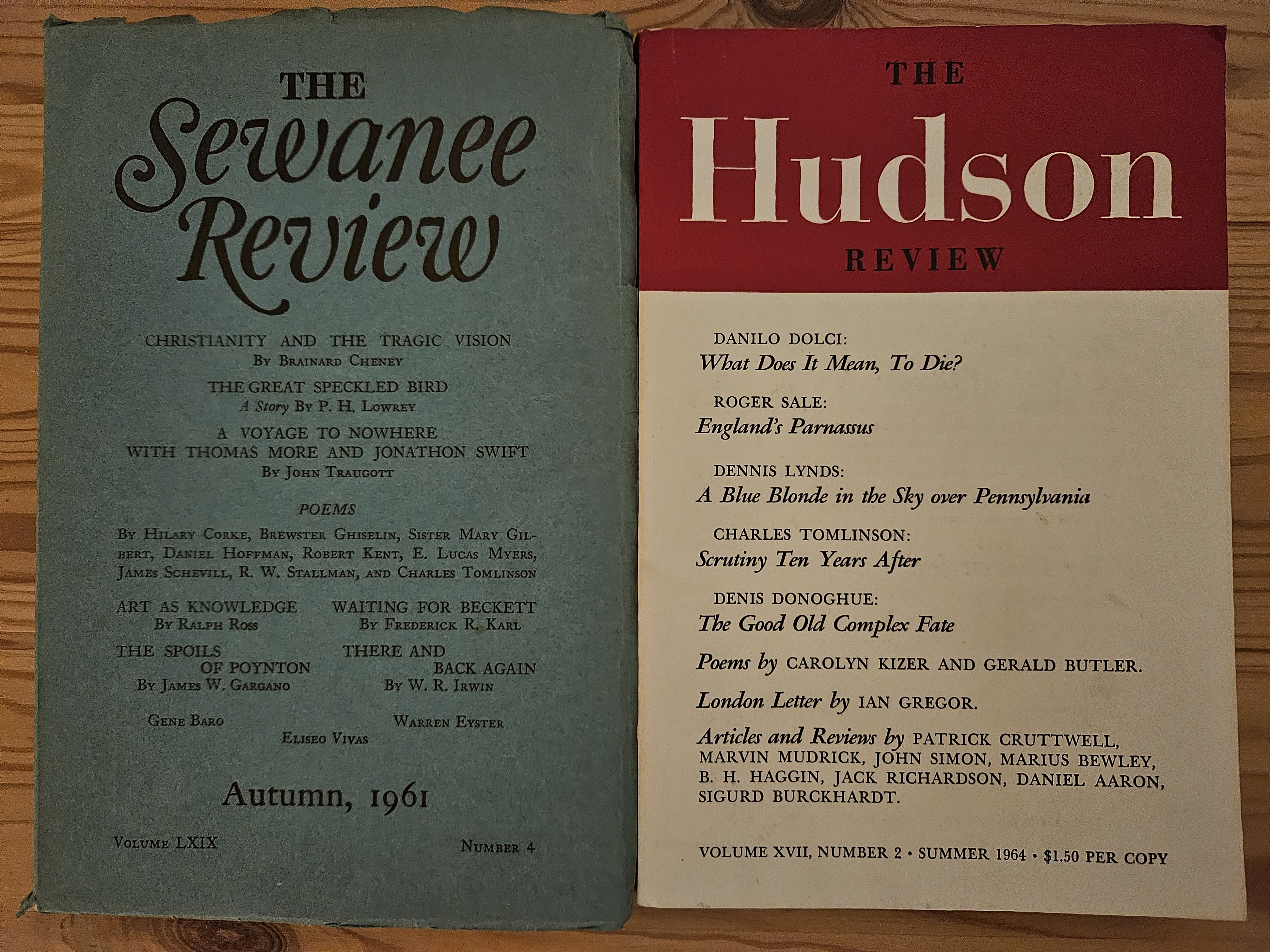
Thanks for sharing these! Not many collect them, but I do think it is an excellent use of time and resources to dig them up and document/share. Much appreciated.
Urulókë wrote:
Thanks for sharing these! Not many collect them, but I do think it is an excellent use of time and resources to dig them up and document/share. Much appreciated.
Agreed. And comparing comtemporary reviews against modern can be a lot of fun, seeing how they have changed over time as something gains a footing in popular culture.






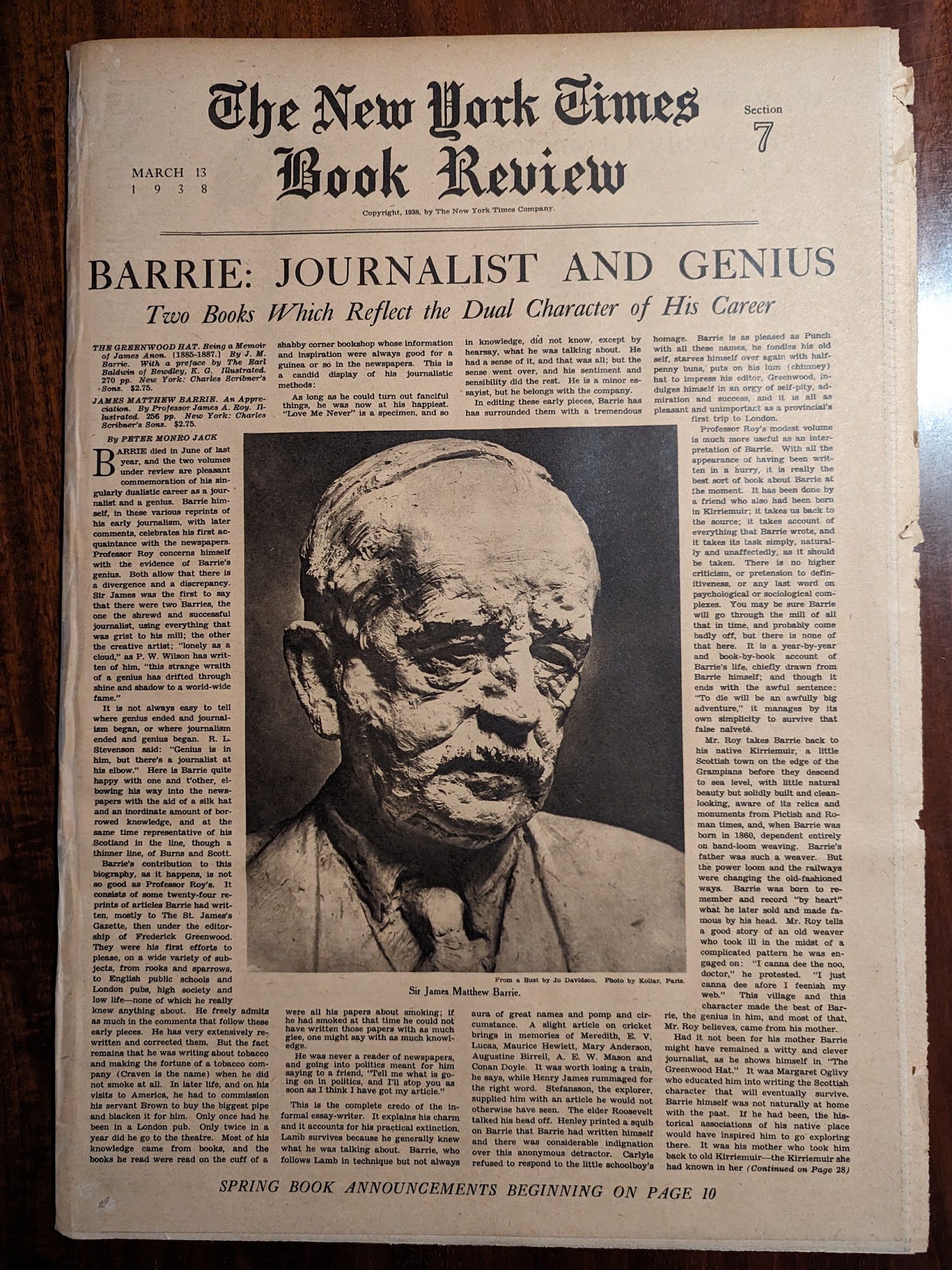
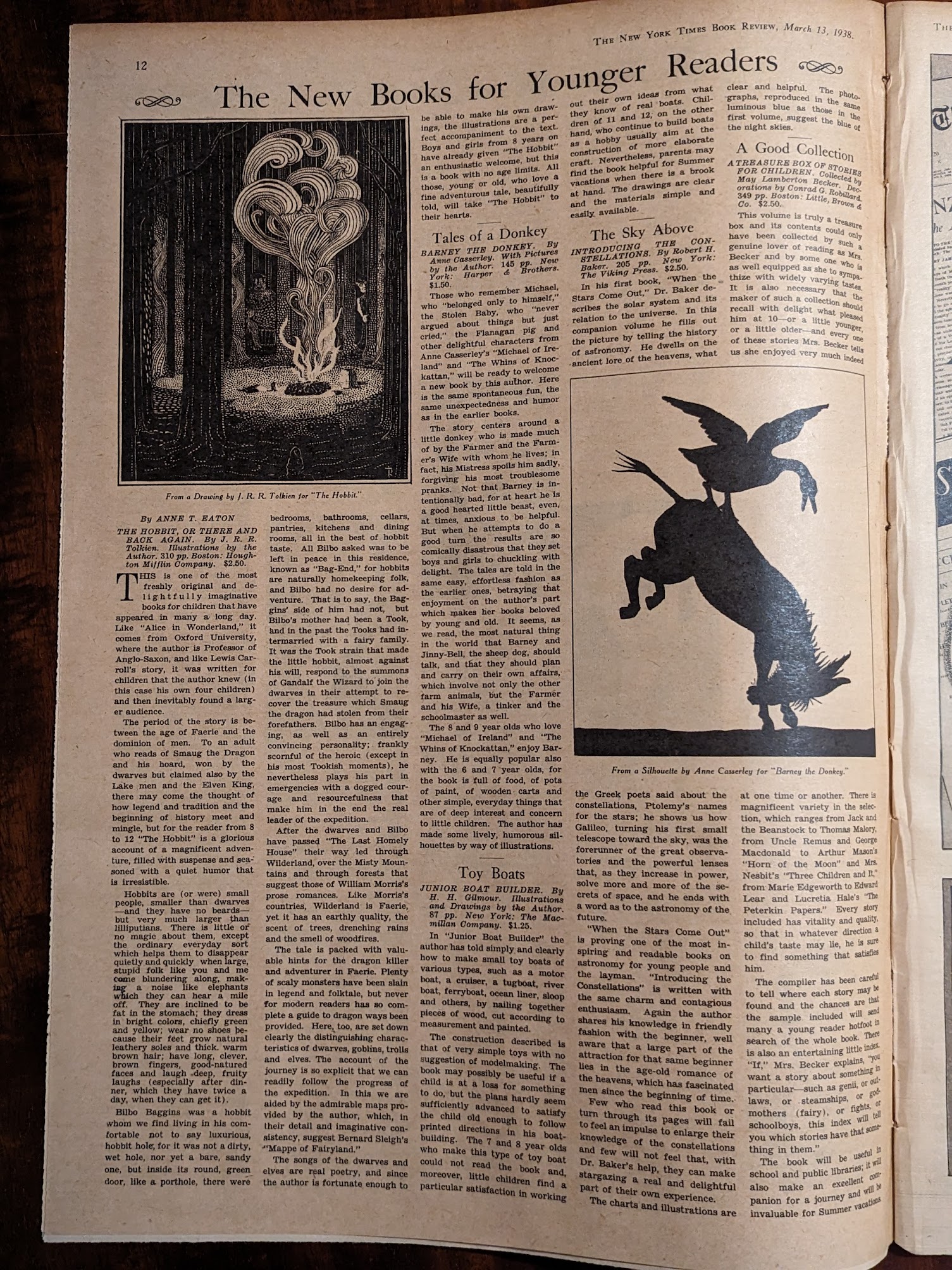





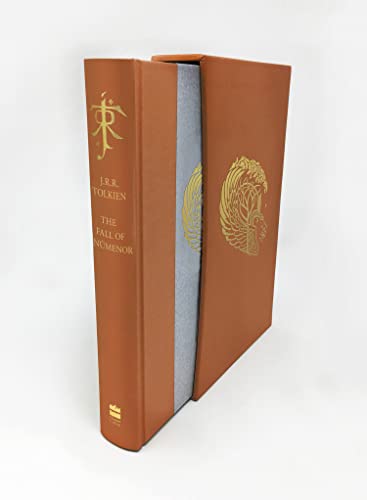
 146
146 16.79K
16.79K